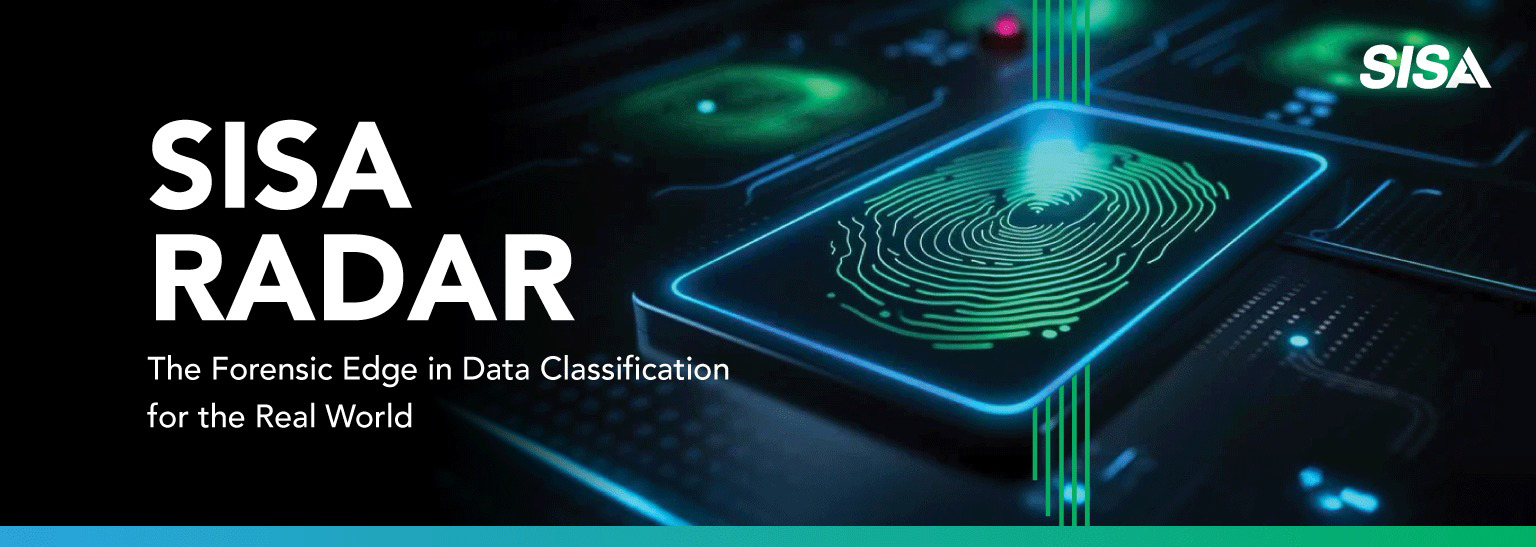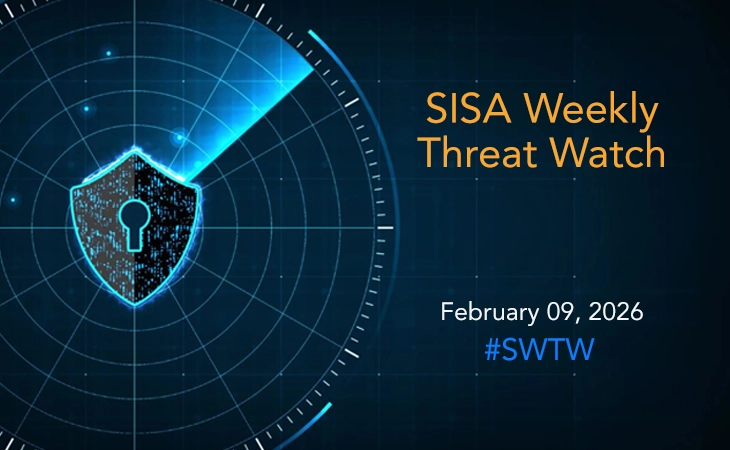Home » AI Chatbots in Indian Banking: Balancing Innovation with Privacy in a Post-DPDPA Era
AI Chatbots in Indian Banking: Balancing Innovation with Privacy in a Post-DPDPA Era
Share on

India’s banking sector is entering a decisive phase. With over 460 million Indians now transacting digitally, the shift to AI-powered customer service is not just a trend it’s a strategic imperative. Yet, this evolution arrives just as the regulatory landscape tightens. The Digital Personal Data Protection Act (DPDPA) 2023 introduces a new reality: innovation can no longer exist without privacy at its core.
Banking leaders now face a defining challenge i.e., how to deliver seamless, intelligent customer experiences while embedding data protection into the very fabric of their digital operations. This is no longer a technical issue; it is a boardroom concern that touches brand trust, compliance exposure, and long-term competitiveness.
Over the past few years, AI chatbots have become vital to customer engagement, managing up to 80% of frontline queries for leading institutions. The benefits are clear: reduced costs, faster response times, and enhanced customer satisfaction. But DPDPA changes the game. It mandates consent-based data usage, elevates individual rights, and imposes steep penalties for misuse. shifting the calculus from growth-at-any-cost to innovation-with-accountability.
In this new era, the question is not whether to implement AI, but how to do it responsibly. Banks that adapt quickly while building trust through transparent, privacy-first AI strategies, will pull ahead. Those that lag risk more than non-compliance; they risk losing the confidence of a rapidly digitizing customer base.
With that context, the following sections lay out the strategic imperatives for navigating this shift: how to build AI systems that comply by design, how to operationalize privacy across the customer journey, and how to turn compliance into competitive edge.
Strategic Imperatives for Banking Leaders
1. Redefining AI Chatbot Architecture
Traditional chatbot implementations often involved broad data collection and processing capabilities.
The post-DPDPA era demands a fundamental architectural shift toward privacy-preserving AI systems.
Banking executives must champion the development of chatbots that operate on principles of data minimization, purpose limitation, and storage restriction.
This requires investment in federated learning models, differential privacy techniques, and edge computing solutions that can deliver personalized experiences without centralizing sensitive customer data.
The technical complexity is significant, but the competitive advantage for early movers is substantial.
2. Consent Management as a Strategic Asset
The DPDPA’s consent requirements transform what was once a checkbox exercise into a strategic customer engagement opportunity. Forward-thinking banking leaders are reimagining consent flows as value propositions, clearly articulating how AI chatbot interactions will enhance customer experience while maintaining transparency about data usage.
Implementing dynamic consent management systems that allow customers to granularly control their data sharing preferences for different chatbot functionalities becomes a differentiator. Banks that excel in making consent meaningful and manageable will build stronger customer relationships and reduce compliance risks.
3. Cross-Border Data Strategy
Many banking chatbots rely on cloud infrastructure and AI services that involve cross-border data transfers. The DPDPA’s restrictions on international data transfers require executives to develop comprehensive data localization strategies. This may involve significant infrastructure investments but also presents opportunities to build sovereign AI capabilities that could become competitive advantages.
Banking leaders must evaluate whether to invest in domestic AI infrastructure, partner with local technology providers, or implement hybrid architectures that minimize cross-border data flows while maintaining service quality.
Operational Excellence in the Privacy-First Era
Governance Framework Evolution
The integration of AI chatbots under DPDPA requires a sophisticated governance framework that spans technology, legal, compliance, and customer experience functions.
Banking executives must establish clear accountability structures where privacy considerations are embedded in every stage of AI development and deployment.
This includes implementing privacy impact assessments for chatbot features, establishing data retention policies that align with business needs and regulatory requirements, and creating incident response protocols specifically designed for AI-related privacy breaches.
Customer Experience Optimization
The challenge for banking executives is maintaining service quality while operating within privacy constraints. This requires innovative approaches to personalization that don’t rely on extensive data collection.
Contextual AI models that can provide relevant responses based on current session information rather than historical data profiles become essential.
Investment in natural language processing capabilities that can understand customer intent with minimal data input, combined with real-time decision engines that operate within privacy boundaries, will differentiate superior customer experiences from merely compliant ones.
Vendor Management and Third-Party Risk
Many banks rely on third-party AI platforms for chatbot functionality.
The DPDPA’s provisions regarding data processors require banking executives to implement rigorous vendor management processes. This includes contractual frameworks that clearly define data processing responsibilities, regular audits of third-party compliance, and contingency plans for vendor-related privacy incidents.
The selection of AI technology partners increasingly becomes a strategic decision that impacts long-term compliance posture and competitive capability.
Risk Management and Compliance Strategy
Proactive Compliance Monitoring
Banking executives must establish continuous monitoring systems that track chatbot interactions for privacy compliance. This involves implementing automated systems that can detect potential privacy violations, unusual data access patterns, or consent framework breaches in real-time.
The investment in compliance monitoring technology, while significant, provides the foundation for demonstrating regulatory adherence and building customer trust. It also enables rapid response to privacy incidents, potentially minimizing reputational and financial damage.
Incident Response and Crisis Management
The DPDPA’s breach notification requirements mean that privacy incidents involving AI chatbots must be managed with precision and speed. Banking executives need specialized incident response protocols that can quickly assess the scope of chatbot-related privacy breaches, implement containment measures, and execute required notifications to regulators and customers.
This requires cross-functional teams trained specifically in AI privacy incident management, with clear escalation procedures and communication protocols that protect both customer interests and institutional reputation.
Innovation Pathways Within Privacy Constraints
Emerging Technology Integration
- The privacy-first regulatory environment doesn’t eliminate innovation opportunities it redirects them.
- Banking executives should explore emerging technologies like homomorphic encryption, secure multi-party computation, and privacy-preserving machine learning that enable advanced AI capabilities while maintaining DPDPA compliance.
- These technologies, while complex, offer the potential to deliver sophisticated chatbot experiences that exceed customer expectations while setting new standards for privacy protection in the banking sector.
Collaborative Innovation Models
The technical and regulatory complexity of DPDPA-compliant AI chatbots creates opportunities for collaborative innovation. Banking executives should consider industry consortiums, shared technology platforms, and collaborative research initiatives that can distribute the costs and risks of developing privacy-preserving AI solutions.
Such collaborations can accelerate innovation while ensuring that privacy standards are consistently applied across the industry, potentially reducing regulatory uncertainty and compliance costs.
Financial and Business Impact Assessment
Cost-Benefit Analysis Framework
- The implementation of privacy-compliant AI chatbots requires significant upfront investment in technology, processes, and personnel.
- Banking executives must develop comprehensive cost-benefit analysis frameworks that account for both direct implementation costs and potential regulatory penalties for non-compliance.
- The analysis should include quantified benefits such as reduced customer service costs, improved customer satisfaction scores, and enhanced competitive positioning in the digital banking market.
- Long-term benefits include reduced regulatory risk, improved customer trust, and potential revenue growth from enhanced customer experiences.
ROI Measurement in Privacy-First Systems
Traditional ROI metrics for AI chatbots focused primarily on cost reduction and efficiency gains. The post-DPDPA era requires more sophisticated measurement frameworks that include privacy compliance costs, customer trust metrics, and regulatory risk mitigation benefits.
Banking executives need to develop KPIs that balance operational efficiency with privacy protection effectiveness, ensuring that success metrics align with both business objectives and regulatory requirements.
Future-Proofing Strategy
Regulatory Evolution Preparedness
- The DPDPA represents the current regulatory framework, but banking executives must anticipate further regulatory evolution.
- Building AI chatbot systems with flexibility to adapt to changing privacy requirements ensures long-term viability and reduces the risk of future compliance gaps.
- This includes modular architecture designs that can accommodate new privacy requirements, data governance frameworks that can evolve with regulatory changes, and organizational capabilities that can rapidly adapt to new compliance demands.
Competitive Positioning for the Next Decade
Banks that successfully navigate the current privacy-innovation balance will be positioned to lead the next wave of digital banking transformation. This includes developing proprietary AI capabilities that provide competitive advantages while maintaining privacy compliance, building customer trust that enables deeper digital relationships, and establishing thought leadership in privacy-preserving financial services.
The strategic decisions made today regarding AI chatbot implementation will determine competitive position in an increasingly digital and privacy-conscious banking market.
Conclusion: Leadership in the Privacy-Innovation Convergence
- The post-DPDPA era requires banking executives to fundamentally reimagine the relationship between innovation and privacy protection. AI chatbots represent both a significant opportunity to enhance customer experience and a complex challenge in privacy compliance management.
- Success in this environment requires executive leadership that can balance competing priorities, invest in sophisticated technology solutions, and build organizational capabilities that treat privacy as a competitive advantage rather than a compliance burden.
- Banking institutions that excel in this balance will not only survive the regulatory transition but will emerge as leaders in the next generation of digital financial services. The key is viewing privacy compliance not as a constraint on innovation, but as a catalyst for developing more sophisticated, trustworthy, and ultimately more valuable customer experiences.
- The future belongs to banking leaders who can navigate complexity, embrace innovation within ethical boundaries, and build institutions that customers trust with both their financial needs and their personal data.
 USA
USA India
India APAC
APAC Middle East
Middle East Global
Global

 Facebook
Facebook Linkedin
Linkedin  X
X Youtube
Youtube








